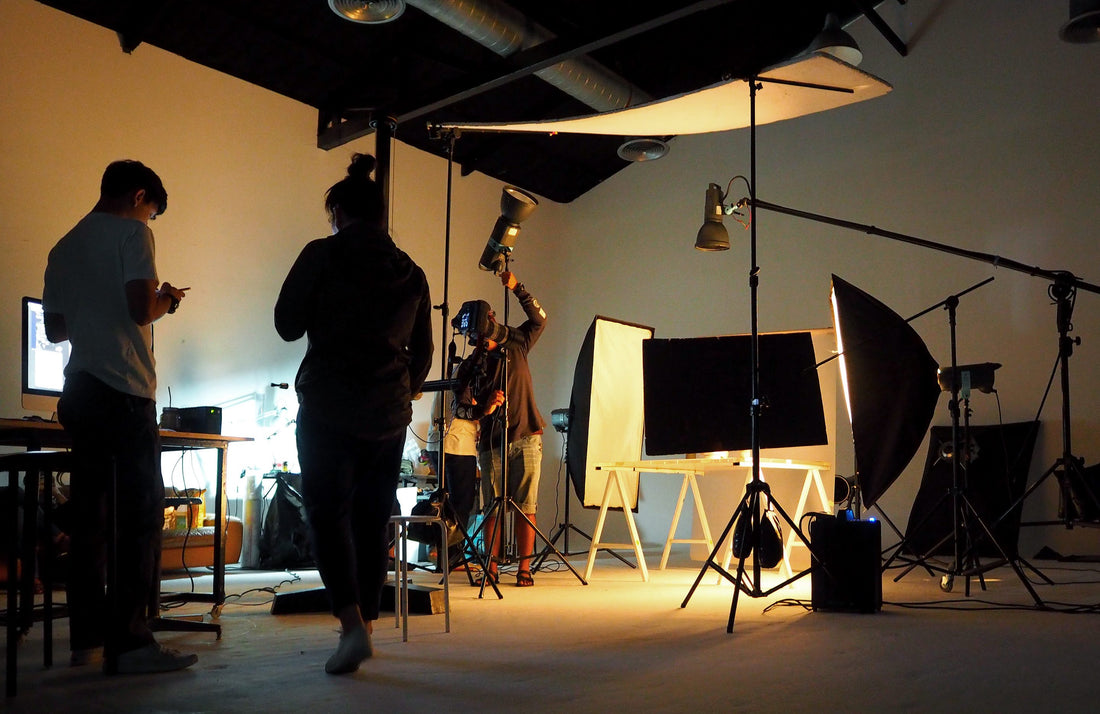Photography is a medium to showcase different ideas. Fine art photographers use their cameras to create an artistic body of work, while commercial photographers take photos of products so that they can be advertised. Overall, photography is used as a mean to present a topic.
When we think about becoming a successful photographer the first thing that comes to mind is receiving photographic training. While this is key to accomplish successful shoots, it is not the only thing we should learn. In this regard, photography can give the opportunity to learn about many different fields and disciplines depending on what one wants to photograph.
Fashion photographers, for example, will benefit from studying textiles, makeup, and even graphic design. This will help them to identify what images might work best in an editorial work. At the same time, this will help them to work best with the different professionals involved in a photoshoot, as they could understand the contribution made by others.

Another example can be found in wildlife photography. Photographers working in this field would benefit from studying biology and ethology so that they can understand and predict animals’ behaviour. Having this additional knowledge will help the photographer to identify what animals might be present in different locations and weather conditions. This will save the photographer not only time but will ensure higher success in the images.

Astrophotography is another very good example. There are many amateur and professional photographers interested in shooting the sky at night. Taking successful images involve not only having the right equipment and mastering the photographic techniques, but also knowing, for example, the speed at which the stars move. If one wants to capture the stars moving, the photographer will need to know that dividing the focal lens by 500 will provide the minimum time in the shutter speed to capture the motion.

Underwater photography requires not only having specific equipment but knowing the physical phenomena that may happen under water, that is linked to physics. For example, when photographing under water we need to consider the refraction (i.e., how the light changes when passing to the water) as that this will affect our focal length. For example, a 35mm lens would be equivalent to a 50 mm lens. This will involve that if we aim to photograph fishes or coral reefs will need to place ourselves further than originally thought.
Overall, these examples demonstrate the need to study not only one’s own discipline but other fields. This will not only enrich our practice but will improve our photography, making it more successful.
Access Courses Online understands the commitment needed to fulfil a career goal, which is why it offers courses that can be completed quickly and helps those wanting to be a photographer take the necessary steps to make a fundamental change in their life.
Alberto Gonzalez-Lead Photography Tutor- Access Courses Online
Get in touch with our career advisers today, specialising in Photography and Other Disciplines, and see how our courses could get you to your dream career!
https://accesscoursesonline.com/pages/contact

